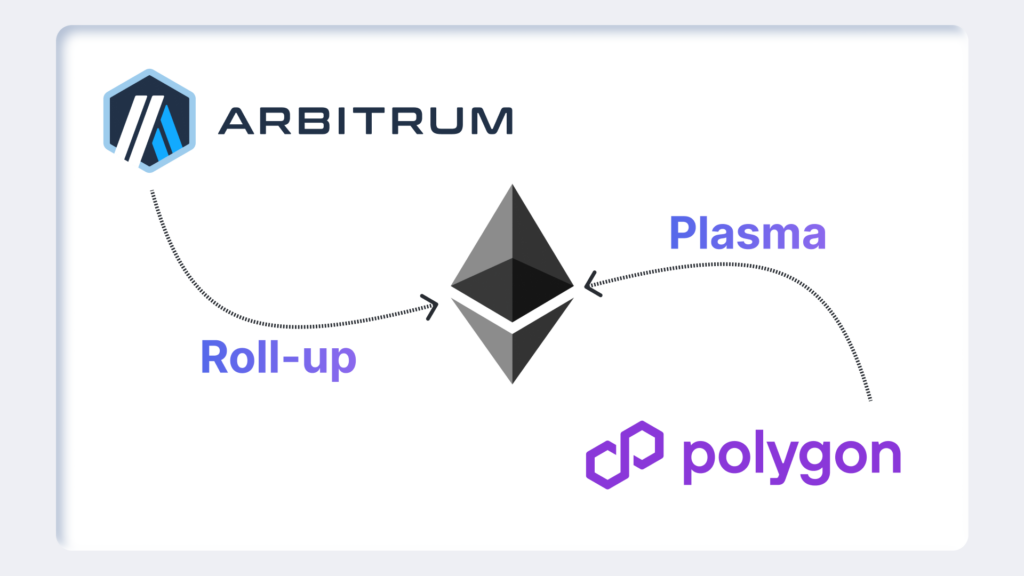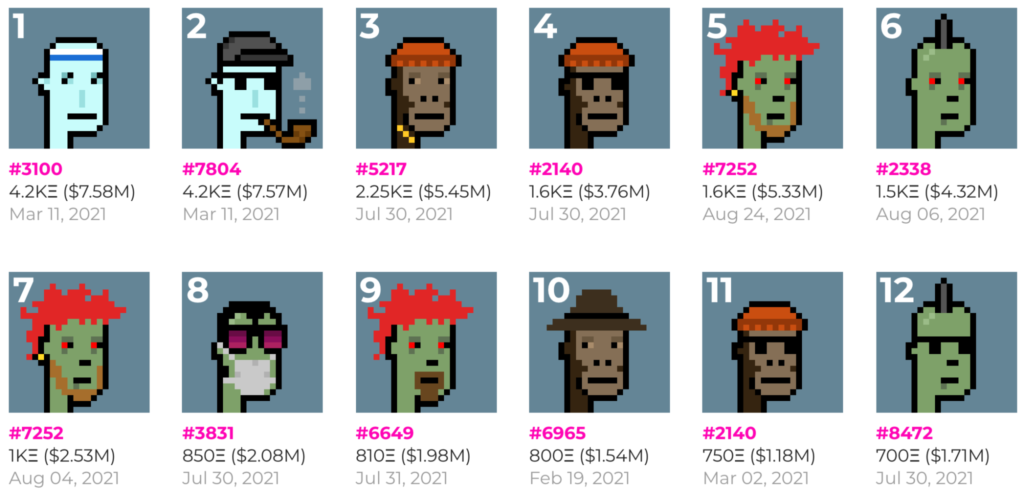In a groundbreaking decision that could set a precedent for crypto exchanges facing financial difficulties, Judge John Dorsey of the U.S. Bankruptcy Court for the District of Delaware has given FTX the go-ahead to liquidate, stake, and hedge its cryptocurrency holdings. The ruling comes as a pivotal juncture for the beleaguered exchange, which sought court permission to manage its assets more dynamically as it navigates the complex process of bankruptcy.
Approval Amid Objections
Judge Dorsey’s ruling approved FTX’s motion, thereby overriding two objections to the plan. Valued at over $3.4 billion, these assets are now legally positioned to serve as a lifeline to the company’s creditors. The decision was largely supported by an ad hoc committee representing FTX’s customer base, while the unsecured creditors’ legal team was focused on expediting the procedure.
Hedging and Staking for Debt Settlement
FTX had earlier submitted a detailed filing in August, arguing the case for hedging and staking its crypto holdings. According to the legal document, hedging its assets in Bitcoin and Ether would “limit potential downside risk,” while staking specific digital assets could generate “low-risk returns” on otherwise dormant holdings for the benefit of the creditors.
Questions Around Asset Ownership
One point of deliberation during the court hearing was the nature of ownership for the digital assets FTX intended to liquidate or hedge. An attorney for FTX clarified that the company views these digital assets as belonging to the debtors. Meanwhile, it was pointed out that these assets are pooled together and are “not traceable to the individual customer,” raising questions about potential complexities in distributing the proceeds.
Adviser Appointment
FTX also expressed interest in bringing Galaxy Digital’s Mike Novogratz onboard as an adviser, though this was not the main focus of the hearing. Novogratz’s experience in the crypto space could provide critical insights as the exchange navigates its financial turmoil.
A Comprehensive Asset Portfolio
FTX disclosed earlier that it holds a notable amount of Solana (SOL)—valued at around $1.16 billion, which accounts for roughly 16% of the token’s total supply. In addition to this, the exchange has about $560 million in Bitcoin (BTC), along with various other lesser-known illiquid tokens.
Closing Thoughts
Judge Dorsey’s ruling offers a lifeline to FTX, allowing the exchange a structured pathway to settle its debts while retaining some operational leeway. This case may serve as a future reference point for other crypto enterprises dealing with similar crises, particularly given the often murky waters surrounding bankruptcy and asset liquidation in the digital asset space. As the crypto industry matures, the approach to bankruptcy and creditor settlements is likely to evolve, and FTX’s case might just be the tip of the iceberg.



